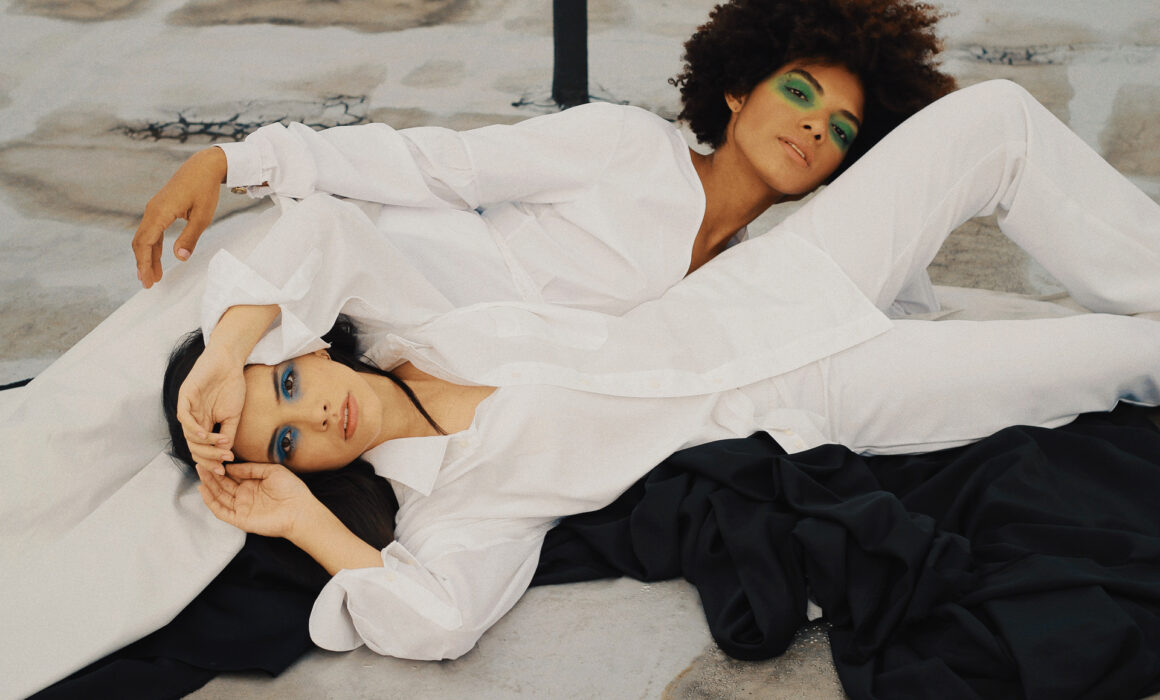Metaverse in the Fashion Industry: How Virtual Reality and NFTs Transform the Fashion Industry
The fashion industry is experiencing a profound impact from the rise of the Metaverse, an expansive virtual world that blends physical and digital realities. Fashion brands are recognizing the opportunities and challenges presented by this web evolution and adapting their strategies to stay ahead of the curve.
The Metaverse is revolutionizing the fashion industry by fundamentally changing the way we experience and engage with fashion.
The Metaverse serves as a platform where fashion brands can leverage advanced technologies like virtual reality, blockchain, and non-fungible tokens (NFTs) to create immersive experiences that blur the lines between the physical and digital worlds.
One significant way the Metaverse transforms fashion is through virtual fashion shows.
Traditional runway events have now evolved into digital experiences in the Metaverse. Fashion brands leverage this technology to showcase their latest collections, engage with customers, and create interactive and visually stunning presentations. Virtual fashion shows are cost-effective alternatives that eliminate expensive venues, models, and other resources. They also offer increased inclusivity by allowing customers from around the world to experience the event in real time, breaking down geographical barriers.
Another groundbreaking development in the Metaverse Fashion Industry is the utilization of NFTs.
Non-fungible tokens are non-fungible digital assets that represent ownership or authenticity of virtual or physical items. Fashion brands are creating limited-edition NFTs tied to physical products, allowing customers to own and trade exclusive digital collectibles. These NFTs provide an exciting way for customers to interact with their favorite brands and generate additional revenue streams. Some fashion NFTs have fetched staggering amounts, with rare digital assets selling for millions of dollars. This convergence of fashion and blockchain technology is creating new opportunities for brands to monetize their creations and for consumers to collect and display fashion items in the virtual space.
Virtual dressing rooms are also gaining prominence as the future of e-commerce in the Metaverse.
By utilizing augmented reality and their technologies, virtual dressing rooms enable customers to try on clothes virtually, creating a highly immersive and interactive shopping experience. Customers can visualize how garments fit and look in their simulated avatars, helping them make informed purchasing decisions. Besides enhancing online shopping convenience, virtual dressing rooms also contribute to sustainability efforts by reducing the environmental impact of physical dressing rooms and product returns.
Leading fashion brands have leveraged the Metaverse to create immersive experiences for their customers.
For instance, Gucci has partnered with the virtual gaming platform “Roblox” to launch an interactive Gucci Garden experience. This collaboration enables users to explore Gucci’s history and collections online. Burberry pioneered the concept of a Digital Replica Store. This offers customers the opportunity to browse and purchase their products in a meticulously replicated virtual environment. Louis Vuitton, in collaboration with digital artist Beeple, has released an NFT collection featuring animated characters and 3D sculptures. This collection showcases the intersection of high fashion and cutting-edge technology.
As the Metaverse evolves, fashion brands can explore even more innovative applications.
Virtual fashion shows could be expanded to include interactive elements like gamification or augmented reality, further enhancing viewers’ immersive experience. Moreover, digital clothing designs can be sold as NFTs, allowing designers and brands to monetize their creations and giving consumers a new way to collect and display fashion items. Additionally, virtual fashion influencers are emerging in the Metaverse, providing fashion brands with creative marketing opportunities and reaching wider audiences.
To succeed in the Metaverse Fashion Industry, brands must navigate its opportunities and challenges.
Developing effective Metaverse marketing strategies is crucial, as they need to be tailored to the unique characteristics of the virtual world. Brands must create immersive experiences that resonate with customers, leveraging advanced technologies to deliver meaningful and authentic interactions. Embracing the intersection of fashion and technology becomes imperative for brands to remain competitive in the rapidly evolving industry. Collaboration with technology companies and digital artists can foster innovation and open doors to exciting possibilities within the Metaverse.
The Metaverse is transforming fashion’s experience, consumption, and marketing by disrupting the industry.
Fashion brands that embrace the Metaverse potential have the opportunity to transform the industry and set new standards for creativity, innovation, and engagement. As the virtual world expands, fashion brands that stay ahead of the curve can capitalize on its potential. This will redefine the future of fashion in an increasingly digital landscape.
Catch the Wave of Metaverse Fashion and stay connected to learn more about the crazy behind the scene of the Metaverse world!
Recommended Reads: ChatGPT: Understanding the AI-powered chatbots (betterflylb.com)






















